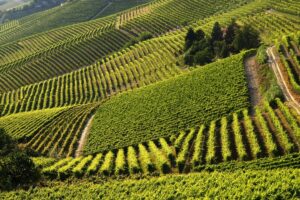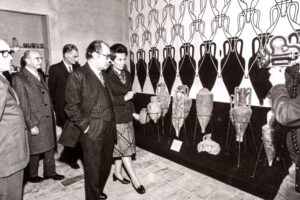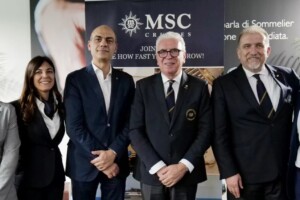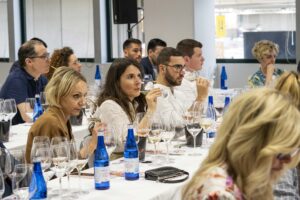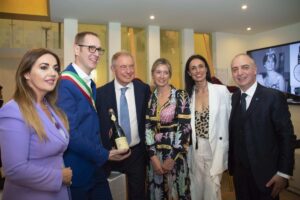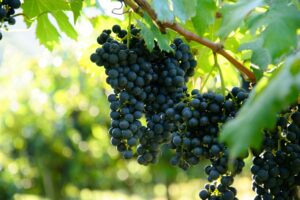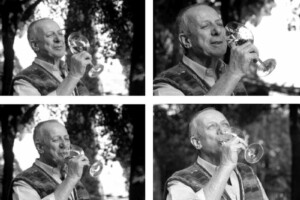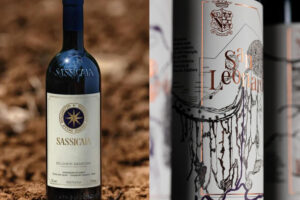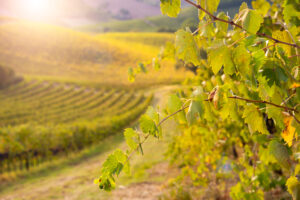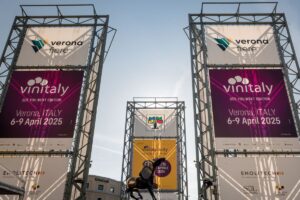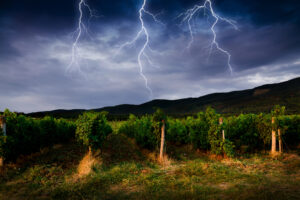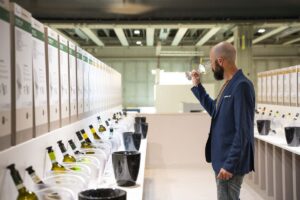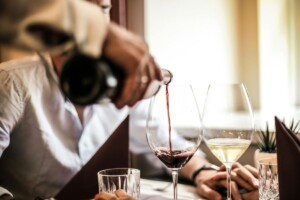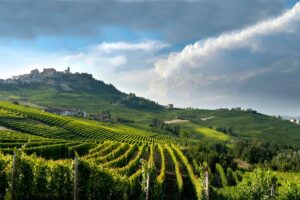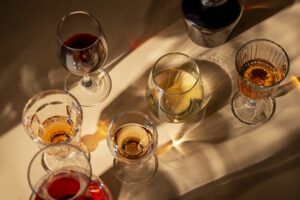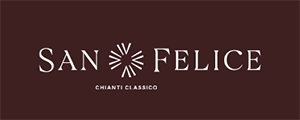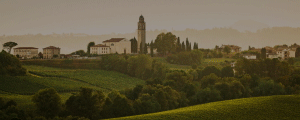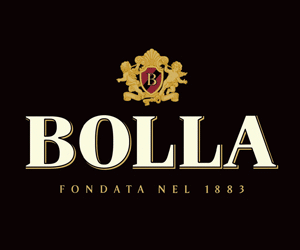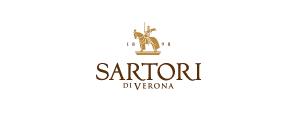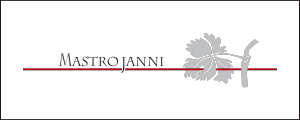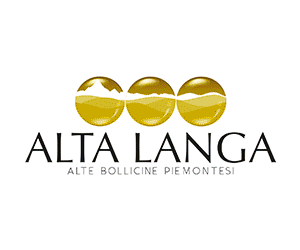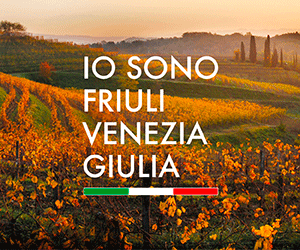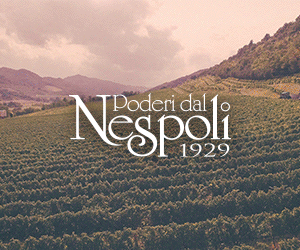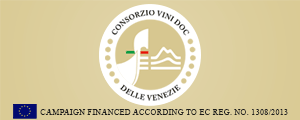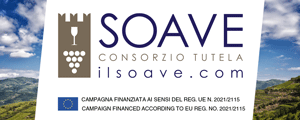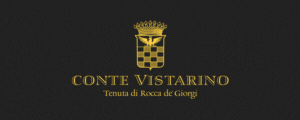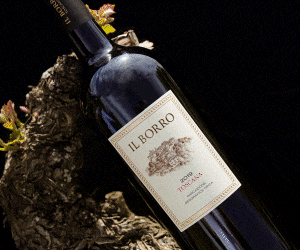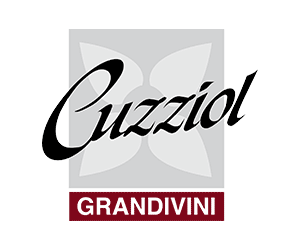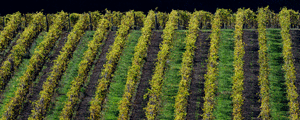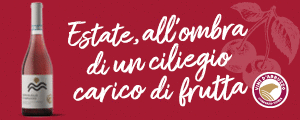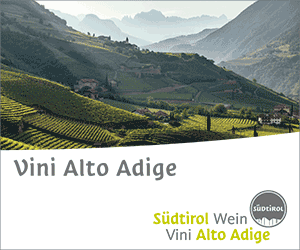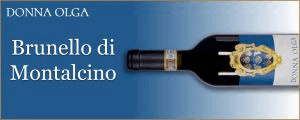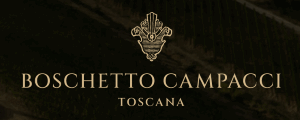“High quality wine is determined by its complex flavor profile and today, due to climate change that has increased alcohol content while decreasing acidity, which impacts the freshness and aging potential, we must find new paradigms of winemaking that preserve the aromas”, said Philippe Darriet, director of the Research Unit at the Oenology Institute of Vine and Wine University of Bordeaux, during the Association of Winemakers, Assoenologi Conference in Verona (www.assoenologi.it).
“The sensory perception of a wine”, said the French professor, “depends on volatile components that stimulate our sense of smell. High-end wines have a greater amount of compounds, a greater complexity, and the mind perceives this unconsciously. Further, there are some classes of substances that are perceived more and there are some synergies between compounds that enhance and characterize the bouquet”.
Wine aromas depend on several factors, such as grape variety, terroir, climate change, vine and wine choices.
Concerning varieties, now globally, the choice is focusing on some cultivars, such as Cabernet Sauvignon and Chardonnay, which could risk wine standardization. There is a widespread commitment to reduce chemical inputs. At the vineyard level and, in particular, for the health of the grapes, “you can reduce the use of fungicides”, noted Darriet, “but it is difficult to give it up completely, and at the moment available resistant varieties have a limited sensory profile not at all similar to the traditional ones, while at the wine level, rather than aiming to replace sulfur dioxide with other chemicals, it is necessary to use it in smaller quantities and better”.
If the quality of the grape, and especially its degree of maturity, is crucial for the presence of aroma precursors responsible for the complexity of the wine, wine-making techniques, choice of yeast, closures and the use of wood, will also be a significant contribution.
“Winemaking protocols must work towards consistent quality in the different vintages, which is a solid base for good marketing”, continued Darriet, “and a good aging potential for wines which benefit from it. The intrinsic quality of a wine starts with the olfactory impact, which must be crisp, identifying and complex. Complexity allows the wine to not become "boring" in aging and to maintain its identity”.
Regarding typical wines, it is very important that those who taste wines are able to recognize it and reward it. In the 2000s, thanks to a number of cognitive psychology tests, which compared tasting experts’ notes, it was found that some did not describe the wines they tasted, but compared them to wines that were in their own "personal mental tasting library ". It is therefore essential to train tasters.
There are many aspects that affect the quality of wine, the ripening conditions of the grapes, methods of vinification, aging of the wine, and sensory perception. “To preserve the aromas”, said the French researcher, “we must keep in mind that the levels of perception are different from person to person and, above all, some substances even though they might be present below the minimum level, can still damage the wine flavor profile. This is the case of the compounds produced by Brettanomyces that mask the fruity notes in red wines and for this reason should be kept under appropriate control with sulfur dioxide”.
Copyright © 2000/2024
Contatti: info@winenews.it
Seguici anche su Twitter: @WineNewsIt
Seguici anche su Facebook: @winenewsit
Questo articolo è tratto dall'archivio di WineNews - Tutti i diritti riservati - Copyright © 2000/2024











